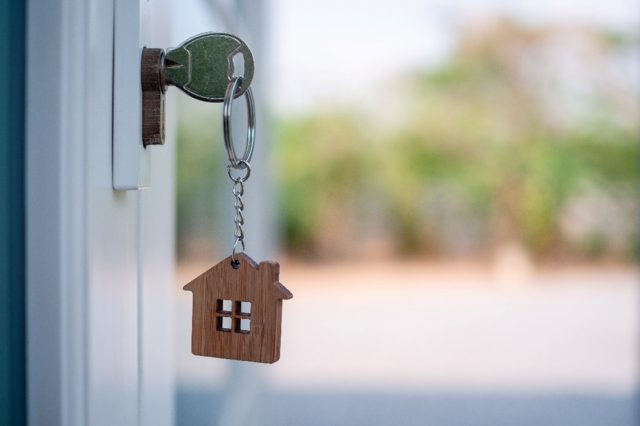With his wealth of experience in the real estate industry, Jose Ernesto Batres Gonzalez recognizes the significance of maximizing property value to property managers. He emphasizes the importance of efficient tenant communication, overseeing maintenance tasks, collecting rent promptly, and ensuring sound financial management. In the following article, Jose Ernesto Batres Gonzalez explains how the pandemic has reshaped the vital role that property managers play in the world of real estate.
The pandemic became a catalyst for change in just about every industry known to the civilized world, but how did it affect building owners?
According to the industry experts, the COVID-19 pandemic changed the business of property management in several ways. For example, online work and the advent of virtual leasing has been consistently on the rise. Additionally, operations associated with maintenance are now primarily performed online, along with interactions with clients.
Below, Jose Ernesto Batres Gonzalez takes a thorough look at how the pandemic has reshaped property management, both practically and in policy. By the conclusion, the impact on both work and living conditions in the industry of property management will be clear, freeing both property owners and tenants up to adapt as needed.
Jose Ernesto Batres Gonzalez on Changing Practices
As previously mentioned, the COVID-19 pandemic made a notable difference in the way that property management is now carried out. Because of the new ways businesses needed to conduct themselves in a time of quarantine or boundaries, the face of the daily work has changed as a whole.
Working Online
Jose Ernesto Batres Gonzalez explains that when the pandemic hit, most businesses were forced to embrace technology in order to overcome the hurdle that was presented by needing to stay home. Just about every industry, including property management, had to “go remote.”
Whether it was training new hires, interacting with customers, or even simply evaluating the day-to-day tasks associated with taking responsibility for properties, it needed to be done over the phone or online.
Jose Ernesto Batres Gonzalez says that this forced a shift from paper transactions and filing to mobile tech. Therefore, even property managers who were behind the times in terms of the latest technological updates were forced to learn on the job to keep up. This also meant that at-home work became not only necessary at the time, but possible to continue with as the norm.
Maintenance
One of the main challenges represented by the pandemic, especially for property managers, was maintenance. When social distancing was implemented, property managers needed to stop any operations needed for maintenance, such as repairs, so that workers like technicians and even residents could remain safe.
Jose Ernesto Batres Gonzalez says that the issue with this was that it highlighted a problem; communication of property needs and the resolution of these needs had to be moved to an online format, too. This helped property managers to visually acknowledge residents’ need for better resources.
For example, instead of sending workers out to perform maintenance, managers found resources to send to residents so that they could safely perform property maintenance on their own, if possible.
 Leasing Virtually
Leasing Virtually
The pandemic impacted major transactions in the property management industry as well. Specifically, leasing deals had to be conducted online rather than in-person for the safety of those involved.
Jose Ernesto Batres Gonzalez reports that Cloud technology was a huge tool for allowing would-be clients and property managers to not only communicate, but to have access to important information and documents in the leasing process as well. Once this learning curve was mastered, these transactions actually increased in speed and frequency!
Interacting Digitally
Finally, digital interactions became the new normal during the pandemic. Rather than having to travel to properties for face-to-face meetings, property managers now know that they can streamline any issue with a digital interaction.
Jose Ernesto Batres Gonzalez explains that deeds, rent payments, and even maintenance issues are all addressed online through email and other easier mobile communications.
In Conclusion
How the pandemic has reshaped property management mainly manifests itself in the shift to virtual work. This looks like a physical move from property management offices to the more convenient home office.
Jose Ernesto Batres Gonzalez also notes that it shows itself through personal interactions that are digitalized, which actually wind up making interactions between managers and workers more frequent. In terms of frequency, there has also been an established rise in transactions between property managers and residents that take place completely virtually.
Though the world of property management has been reshaped by the COVID-19 pandemic, it is by no means a change that damages the industry. Rather, the improvements in convenience and efficiency are on the rise thanks to the quick shift to utilizing the latest innovations in technology.








